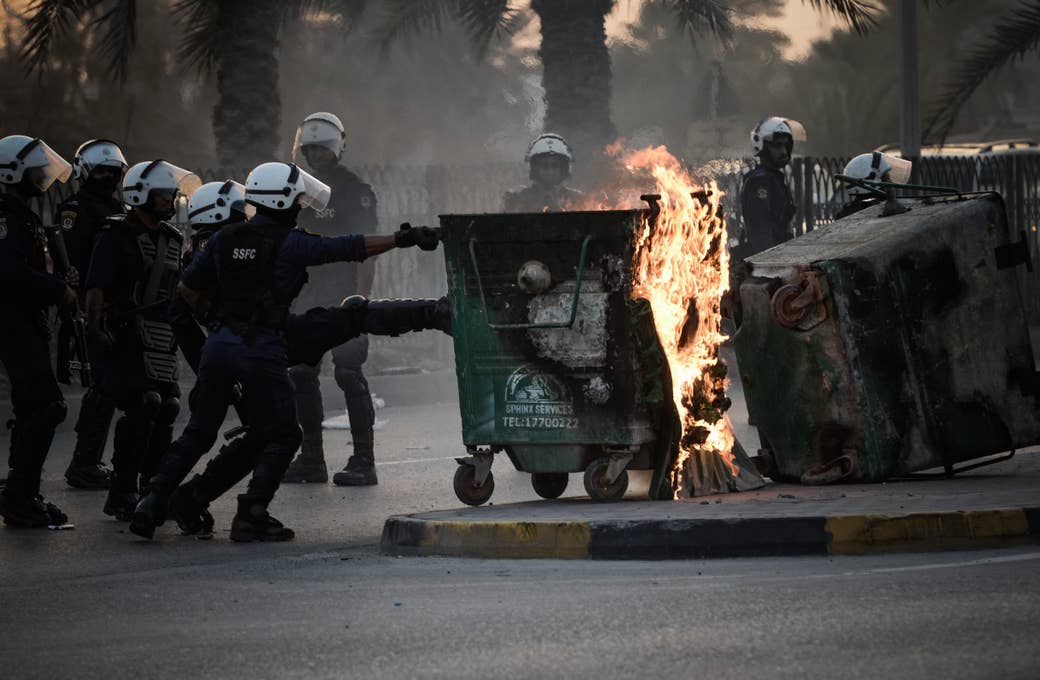
In September 2015, a small delegation arrived at the UK Mission to the United Nations in Geneva. It was an eclectic group of British officials: a couple of representatives from the UK embassy in Manama, the capital of Bahrain, were joined by an inspection team leader from Her Majesty’s Inspectorate of Prisons (HMIP), a woman from an organisation called Northern Ireland Cooperation Overseas (NI-CO), and the managing director of another organisation based in Northern Ireland, called the Causeway Institute for Peace-building and Conflict Resolution International.
While they were in the city, this delegation met officials from a number of other countries’ missions, representatives from the UN Office of the High Commissioner for Human Rights, and experts from NGOs. They had a clear message for those they met: Human rights in the Gulf kingdom of Bahrain – a close British ally in the Middle East – were improving.
It was in part due to the work of this delegation that an important UN statement, which was supposed to hold the kingdom to account for numerous alleged human rights abuses since the Arab Spring, had its language softened. The UN statement raised some concerns, but would have been a lot more critical of the Bahraini authorities without the influence of British diplomats and the spin from the delegation.
Experts who attended the meetings have told BuzzFeed News that the delegation who arrived in Geneva played a key role as British diplomats pushed their testimony around the UN while they pressed for references to torture and other human rights abuses to be removed from the draft text of the statement.
Months after the statement was published, The Observer reported that the language in it had been “watered down”. The paper attributed this to “British lobbying”, but didn’t give many further details. Now the full story of how Britain went about securing these changes on behalf of its ally in the Gulf can be revealed.
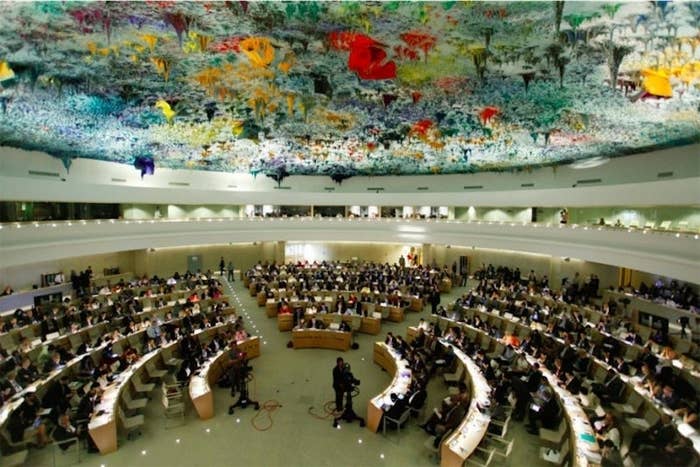
BuzzFeed News has seen documents, obtained through freedom of information applications, that paint a picture of division within Whitehall over the UK’s vociferous support for Bahrain and suggest that moves have been made to limit the public’s awareness of such diplomatic initiatives.
The files reveal that the government funded the delegation from a £1 billion pot of money that for the last year has been under the control of a Cabinet Office committee that includes high-ranking officials from Britain’s security and intelligence services.
The costs of the UK delegation’s trip to Geneva – just over £4,000 – were met by the Conflict, Security, and Stability Fund (CSSF), which was set up in April 2015, just a few months before the delegation was dispatched.
Human rights campaigners have told BuzzFeed News that the use of this fund – earmarked for “conflict resolution” and more hidden from public view than Department for International Development budgets – could allow high-ranking officials at the heart of government to quietly pursue policies that are at odds with the stated policies of departments.
All of the people BuzzFeed News spoke to who met the delegation said they assumed the group must have been given funding to visit Geneva by the British Foreign Office, and were surprised to learn the trip was ultimately signed off by the Cabinet Office.
Louise Haigh, the shadow minister for government transparency, said: “There are real questions to ask about why the Cabinet Office is allocating money from this fund, and what exactly they have been doing with it. It is somewhat ironic if the supposed department for transparency is actually being used to escape scrutiny of how the government is spending our money – money that that should be going towards genuine international development.
“This is particularly important because the government has targets for spending on aid and defence. They need to be accountable for meeting their obligations without misusing aid for trade, a practice that the last Labour government ended but the Tories are in danger of returning us to.”
The transparency questions over the delegation’s funding will add to the controversy surrounding the UK government’s relationship with Bahrain, which human rights activists have described as a “relentless cheerleading of bogus reforms” in the repressive Gulf state. Last year Amnesty International raised concerns that Britain’s “unquestioning support” might “imbue within Bahrain’s government a sense that … it can continue to commit human rights violations with impunity”.
Public demonstrations in the capital have been banned, and human rights campaigners’ reports have described prisoners being burned with cigarettes, given electric shocks, and burned with irons, among other forms of torture.
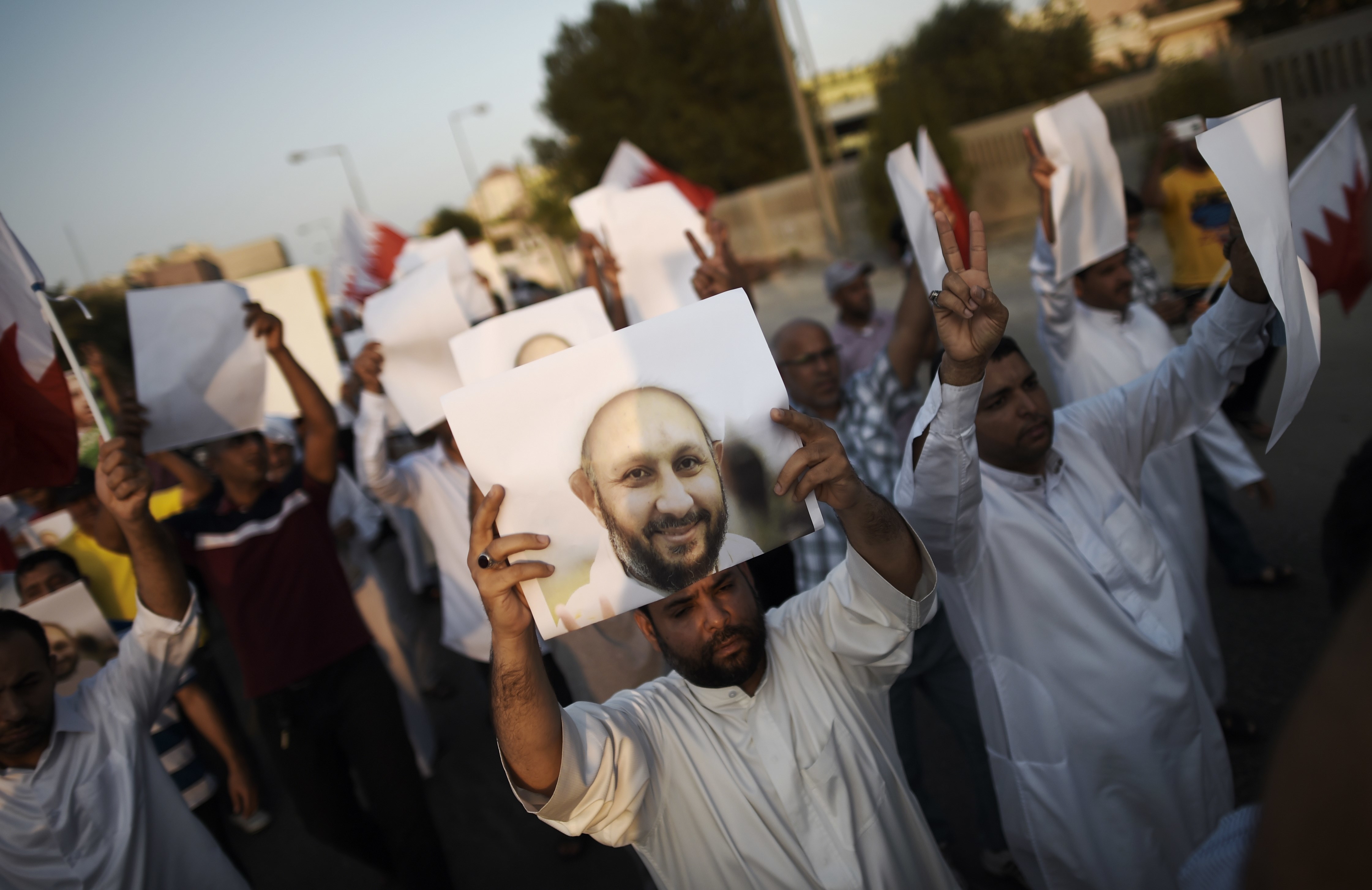
The statement that Britain softened was not a binding UN resolution: It was to be presented, as is usually the case, by the Swiss delegation to the UN, and then co-signed by as many countries as would support it. It would not require any official follow-up, but a damning statement would stain a state’s reputation and could potentially dissuade countries and businesses from investing in it.
The changes made to the statement were significant. BuzzFeed News has seen the first draft of the statement, dating from 1 September, sent two days before the delegation met with NGOs and UN member states. By the time the final version was delivered on 14 September, references to “repressive measures”, “arbitrary detention”, and “indiscriminate use of force by the riot police” were all gone. References to the harassment and imprisonment of journalists were also expunged, as well as references to the torture of prisoners.
The revised document emphasises “the difficult situation in the region”, highlights attacks by armed opposition groups against Bahraini security personnel, and includes a reference to the use of improvised explosive devices (IEDs) – which campaigners say was added at Britain’s behest.
A series of more nuanced changes seek to suggest that the human rights situation in Bahrain is improving – for example “We urge the Government of Bahrain to make these institutions more impartial” became “We support the Government of Bahrain continuing to work to make these institutions and the judiciary more impartial.”
Despite the CSSF only being in existence for just over a year, there is already concern among MPs and experts about how the fund is being used. The move towards the intelligence services has raised fears among experts of “a risk of pursuing short-term interventions which could undermine longer-term peace and stability”, and concerns that the “integrity” of British aid could be jeopardised by prioritising the UK’s “national interests”.
This £1 billion programme is intended to finance conflict prevention and the promotion of human rights. It replaced a fund that had previously been jointly administered by the Foreign Office, the Ministry of Defence, and the Department for International Development (DFID), but which had attracted some criticism over the effectiveness of its use.
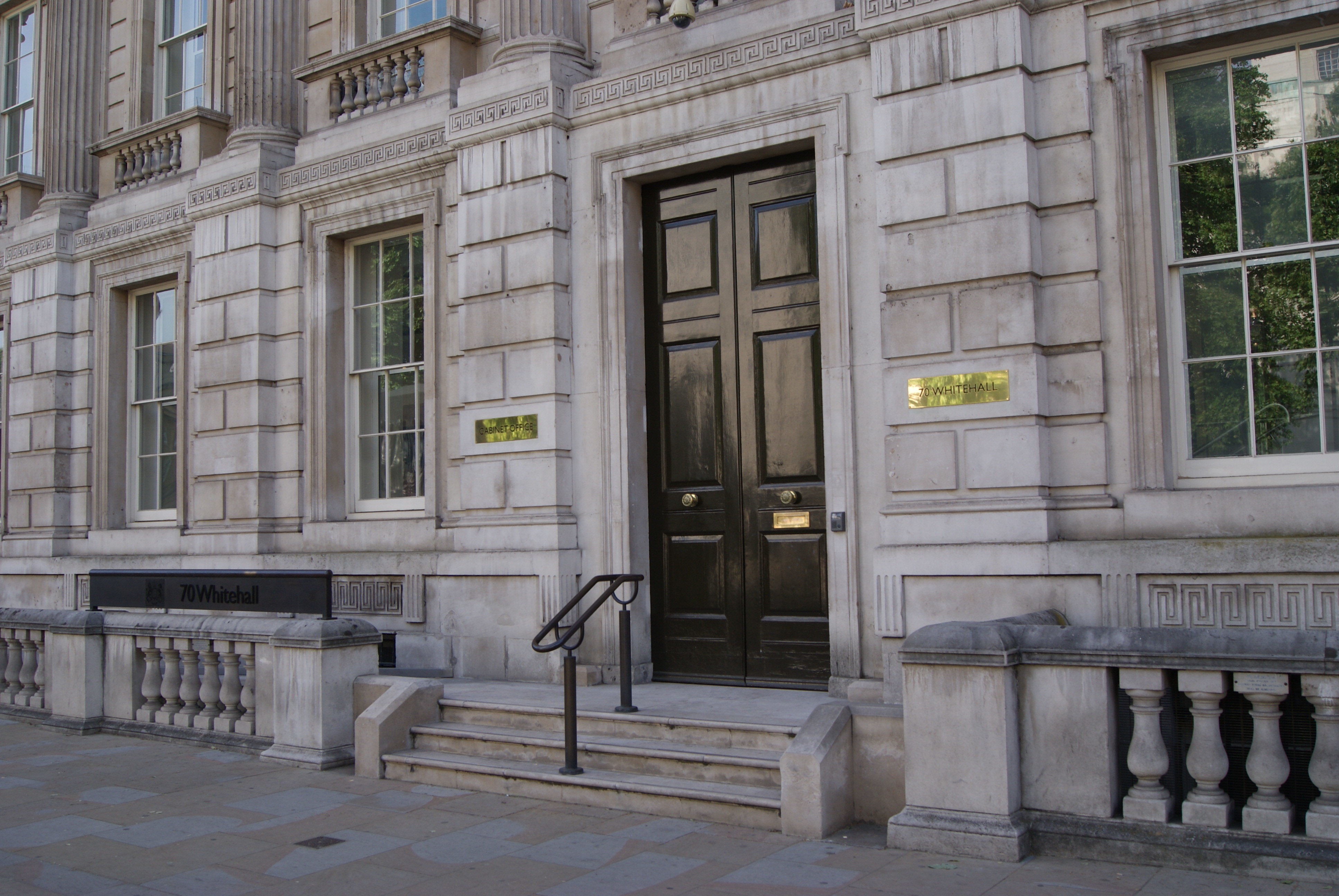
Now this fund – unlike most of the UK aid budget – comes under the control of the government’s National Security Council, a cabinet committee established in 2010 that oversees security, intelligence, and defence. Meetings are attended by government ministers, as well as defence and intelligence officials.
A parliamentary answer by a Treasury minister has confirmed that it is classified as both defence spending and official development assistance – aid, in other words. A Cabinet Office source confirmed to BuzzFeed News that the spending on the delegation counted as the former.
In a detailed submission to parliament last year, the peace campaigning group Conscience warned that “the totality of CSSF spending is not fully accountable to Parliament … obtaining a comprehensive summary of the [Foreign Office's] work on conflict prevention has proved challenging even with the benefit of Freedom of Information requests.”
It added: “The MoD seems to have no coherent reporting system for its work in fragile states and its response to an FOI on conflict pool projects was lamentable with many details redacted. ...we have met with MPs, civil servants at DfID, the FCO and ICAI [International Commission for Aid Impact] to ask questions about progress with UK conflict prevention reporting. We asked about the progress with development of the CSSF. We also wrote to DfID Ministers via MPs and to the Cabinet Office...
“The sum total of all these meetings and questions is that we, the taxpayers, still have no detailed information about how the CSSF will be managed or how and when its work will be reported to Parliament and hence to the general public.”
The setting up of the CSSF came during a tricky period in the UK’s relationship with allies in the Gulf. It followed a decision by the United Arab Emirates not to buy £6 billion worth of Typhoon fighter jets from the UK. It was later revealed that the kingdom had been threatening to block arms deals over Britain’s failure to crack down on the Muslim Brotherhood’s activities in London. Months after the deal fell through, David Cameron announced a review of the Brotherhood’s activities in the UK.
There’s no centralised, open database of exactly what this money is being spent on, and the projects that are publicly detailed seem to have little in common. In Syria, it has paid for search and rescue equipment for civil defence teams. A further £2.4 million has been spent on private contractors working from Istanbul to deliver “strategic communications and media operations support to the Syrian moderate armed opposition”.
In Iraq, it’s being used for projects relating to “Political Reconciliation; Community Cohesion and Security”. In South Sudan, it is apparently “supporting freedom of expression through the media and addressing sexual violence in conflict”. In the case of Bahrain, the money is ostensibly earmarked for “strengthening the rule of law, social reconciliation and governance” such as best practice training for the security forces.

BuzzFeed News spoke with a number of experts based in Geneva who met the delegation. They said they were regularly invited to meetings at the UK Mission or at the British ambassador to the UN’s residence, but this was the first time they’d seen the UK call in an external team to sell its arguments like this.
All the sources we spoke to who met the delegation agreed that the information presented was “well packaged”. The delegate the experts found most interesting and convincing, however, was Hindpal Singh Bhui, the chief inspector from HMIP, who spoke about the human rights standards in the kingdom’s prisons. He was variously described as “guarded”, “measured”, and “clinical”.
Since 2013, HMIP has helped to develop a National Preventive Mechanism in Bahrain to inspect places of custody and help to prevent torture and the mistreatment of detainees. With HMIP’s training and support, the Bahrain authorities have now subjected every prison in Bahrain to an official prison inspection.
A senior civil servant told us it was “no secret” that HMIP was less enthusiastic in its public pronouncements about Bahrain’s human rights record than the Foreign Office. BuzzFeed News understands one sticking point over HMIP’s continued involvement with the regime was the quality of the report Bahrain was going to produce into the final prison to be inspected: Jau. In 2015, there was a riot there, which was apparently brutally crushed, with claims of mass torture taking place.

At the end of May, Bahrain published the report into Jau. It flagged some problems including staff shortages, overcrowding, and delays in responding to emergency cases, but only one act of torture was mentioned, which raised the ire of Bahraini pro-democracy campaigners.
It also noted that 1,021 inmates had been convicted of "rioting" and "terrorism" offences. Activists say most of these people are prisoners of conscience: peaceful protesters, political opposition leaders, and human rights activists. However, they are also certain that the report, for all its flaws, constitutes a green light for HMIP to continue its work, since it demonstrates a modest commitment to transparency.
Officially, Singh Bhui was assigned to the delegation to describe his work for HMIP in improving the kingdom’s inspection regime. It certainly seems unlikely the inspector would have gone out of his way to offer his unequivocal support for it.
BuzzFeed News has seen correspondence between NGOs and the inspector prior to his visit to Geneva, in which they not only raised concerns to him about Bahrain’s human rights record, but flagged that a senior Bahraini official had publicly supported Hitler’s genocide.
Multiple sources told BuzzFeed News they believed he had been “coopted” into the delegation, with one even claiming he had been “tricked” into joining a PR exercise that he had actually thought was a networking event. After all, HMIP does not inspect the kingdom’s prisons and so is not able to provide any assurances about their current conditions. A spokesperson for HMIP denied this was the case to BuzzFeed News, saying: “To suggest we were somehow tricked into going is wide of the mark."
However, MP Louise Haigh said there were “real concerns” that ministers could have played a role in ordering the HMIP inspector to take part. She added: “I will be asking questions in parliament and I hope that on this they provide meaningful answers. When Cabinet Office ministers promised to run the most transparent government in the world, it should have been a promise to improve our own standards, not export bad practice around the globe.”
On the subject of Jau and the department’s wider involvement, HMIP’s spokesperson said: “We are an independent inspectorate and we have been working with the Bahrainis since 2013. The delegation to Geneva gave us an opportunity to state our independent position on the work we have been doing to support the development of human rights–based inspection in Bahrain. Over time we have seen some progress but we shall keep our involvement under review.”
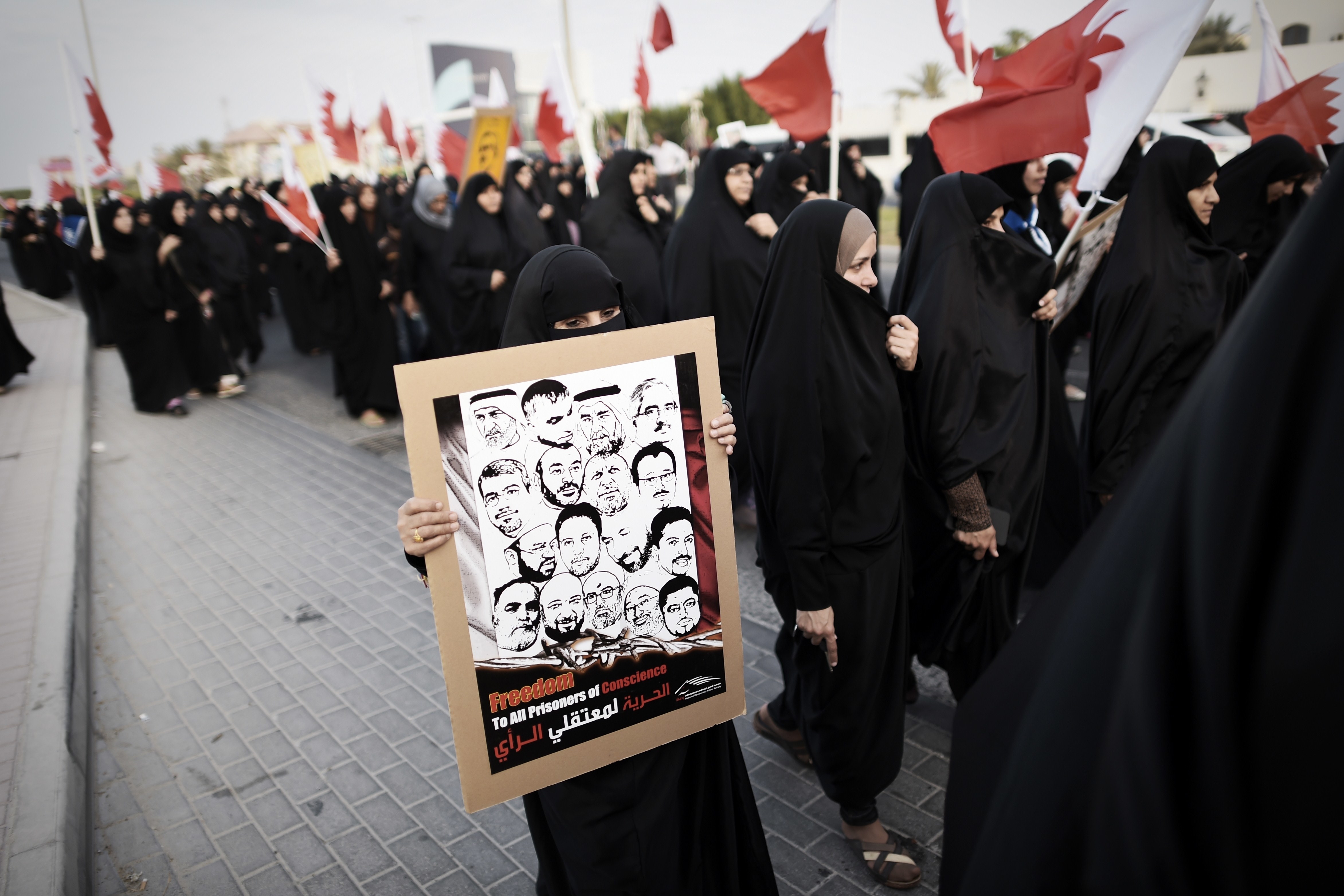
There was not a great deal of time for the delegation to do its work. It spread its message across the UN – to NGOs, to an unknown number of diplomats from various countries’ missions, and to representatives from the UN Office of the High Commissioner for Human Rights – in a matter of days.
There then followed a period of intense debate over the three days between the delivery of the final draft and delivery of the statement, on 14 September. A diplomat from the Swiss mission was said to be particularly angered by the removal of the word “torture”, locking horns with his British counterpart.
Most of the countries who eventually signed the resolution did so over the weekend – but Britain did not. It waited right up until the final hours to sign, presumably in an attempt to pressure the Swiss into making more changes. If fewer than 47 countries signed up (the number that had signed a statement about Bahrain in 2014) it could look like the world was less concerned about human rights in Bahrain than it had been the year before. But in the end, only 33 countries, including Britain, signed it.
This was just the latest in a series of interventions that had worried campaigners that year. Concerns had already been raised over the establishment of a new British naval base in Bahrain, which the Bahraini government is helping to fund.
After the plans were announced, Bahraini opposition leader and human rights activist Nabeel Rajab, one of a number of activists who have been jailed over their criticism of the Bahraini authorities, described the base as “a reward to the British government for the silence they provided on human rights abuses in Bahrain, and for their continued support of this tyrannical and corrupt regime".
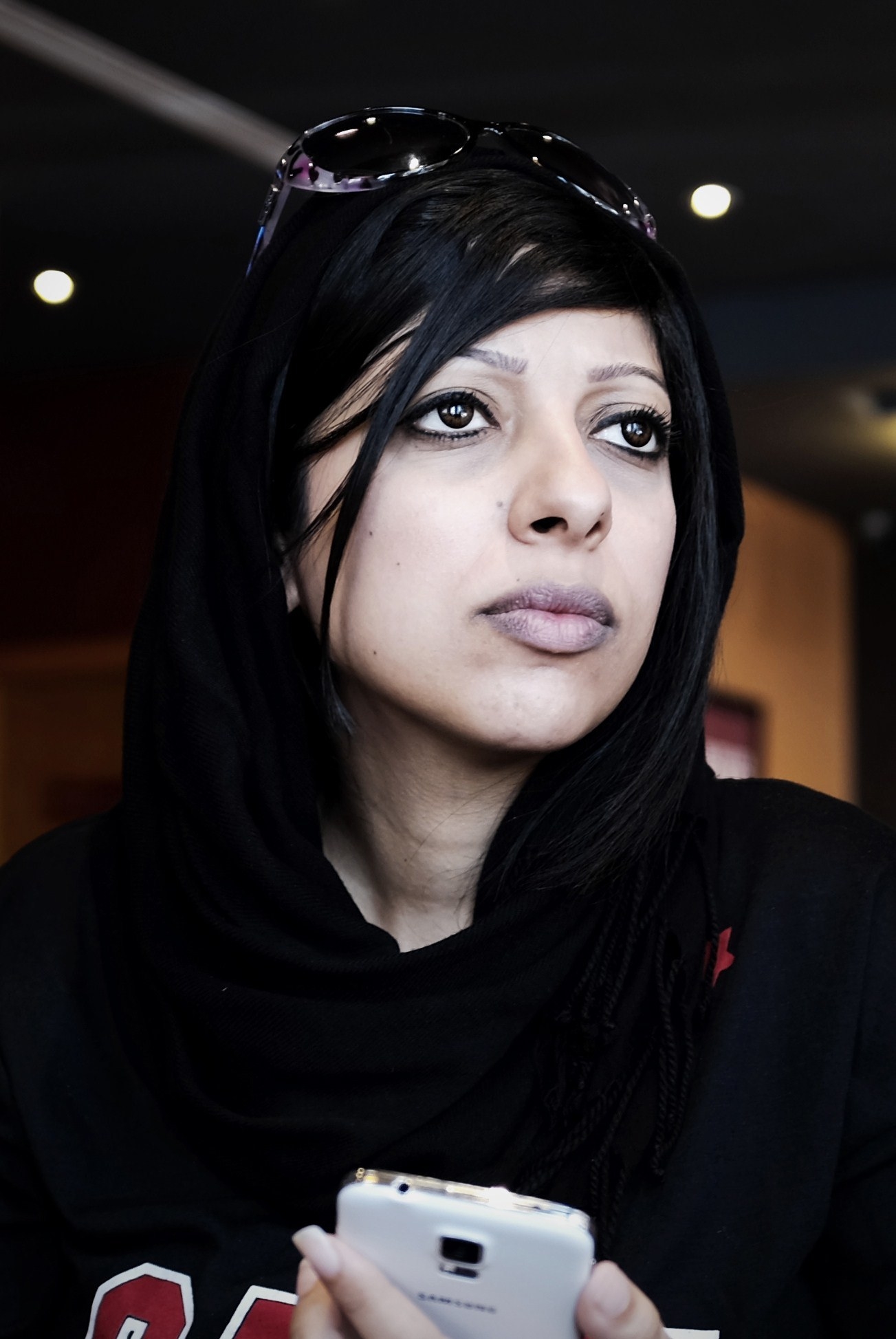
In March, Bahraini police detained human rights activist Zainab al-Khawaja, who is now being held in prison with her 1-year-old son. Last month, the Bahraini authorities reportedly arrested a singer, Sayed Hasan Alawi, for reciting a poem deemed critical of the regime. Days later, while noting that “challenges remain”, the Foreign Office’s annual human rights report claimed “progress on human rights in Bahrain throughout 2015”.
Even before the CSSF was used, evidence given to parliament by the monitoring group Bahrain Watch stated that Foreign Office and Ministry of Defence ministers “have not always been forthcoming with their itineraries” regarding Bahrain until MPs have questioned them, while the details of the meetings have been left, in the campaigners’ words, “opaque”.
Cabinet Office sources told BuzzFeed News that all joint statements require negotiation, and as such the mission was “in line” with the UK’s aims on Bahrain, stated as “[supporting] Bahrain in its return to a stable and reformist state, with a good human rights record”.
But according to Sayed Ahmed Alwadaei, director of advocacy at the Bahrain Institute for Rights and Democracy, the regime’s “strongest public relations entity” is now the UK government.
“While turning a blind eye to the abuses of Bahrain is one thing… promoting non-existing reforms is entirely another, and sends the message that, as long as you're an ally of London, you can abuse your people with impunity," he said.
“When the UK government increased its defensive partnership with Bahrain to re-establish its navy base, it appears to have effectively agreed to whitewash Bahrain's image to the international community.”

